Not every business owner or freelancer in Austria needs a business licence, but for those that do, there are two types – free and regulated.
The right one – and whether you need a business licence at all – will mostly depend on the profession and the type of work you do.
So if you think you might need to apply for a business licence but are unsure about the process, here’s an overview of how it works in Austria.
READ ALSO: EXPLAINED: How to register as self-employed in Austria
What is a business licence?
A business licence is a licence to trade in Austria, although not everyone needs one to start working independently.
If a profession falls under the new self-employed (Neue Selbständige) category, like artists, writers, lecturers, scientists and psychologists, then a business licence is not required.
But other professionals will need a licence before they can operate commercially, with the free business licence being the most common type issued in Austria.
What is the difference between a free and regulated licence?
For both types of business licences, applicants have to show proof of residency and age (at least 18), as well as provide a criminal record check.
To get the regulated licence though, applicants have to submit proof of qualifications related to the business, have relevant working experience in the field and in some cases, even pass an exam. Professions that need a regulated business licence include hairdresser, florist, masseuse, mechanic and business consultant.
FOR MEMBERS: Digital nomad visas: How does Austria compare with other countries
For some international residents in Austria, this can be a tricky part of the process, especially if their qualifications and experience are from another country.
Vienna-based business consultant Miglena Hofer told The Local: “Many foreigners come to Austria qualified to do what they are good at but can’t make money [through self-employment] because they have to undergo this procedure.
“If they don’t have the experience, the best way is to find a job with that profession in Austria and then switch to self-employment later, perhaps one to three years depending on what is required.”
However, with the free licence, there is no requirement to have qualifications or relevant experience before registering a business, which makes the entire process quicker and easier.
Examples of professions that fall into this category include digital marketer, web developer, translator and photographer.
How long does it take to get a regulated business licence?
The process of getting a regulated business licence can take some time, depending on the evidence an applicant has to submit and where in the country they apply.
Miglena works with many international residents in Austria that want to set up a business and said she had noticed an increase in the number of clients in recent months, as well as the time it takes to process applications.
She said: “Currently it takes five to seven months for an application to be processed in Vienna.
“It can be easier to register for a business licence in other provinces. In Vienna, they have the biggest number of applications, which is part of why the delay is so long.”
READ ALSO: The ‘easiest’ entry jobs to get in Austria if you don’t speak German
To speed up the process, Miglena advises prospective entrepreneurs to collect as much paperwork as possible in advance. This includes references from previous employers and any certificates for relevant qualifications, including any necessary translations.
In Vienna, the Department for Commercial Law, Data Protection and Civil Status (MA 63) is responsible for assessing applications for a regulated business licence.
Additionally, applying for a business licence (either free or regulated) also requires membership in the Austrian Chamber of Commerce, known as the WKÖ, which is subject to an annual fee. This can vary depending on the type of business.
Useful words and phrases
New self-employed – Neue Selbständige
Regulated businesses – Reglementierte Gewerbe
Entrepreneur – Unternehmer/Unternehmerin
Business registration – Gewerbeanmeldung
Business licence – Gewerbeberechtigung
Useful links
List of businesses that need a regulated business licence in Austria (in German)


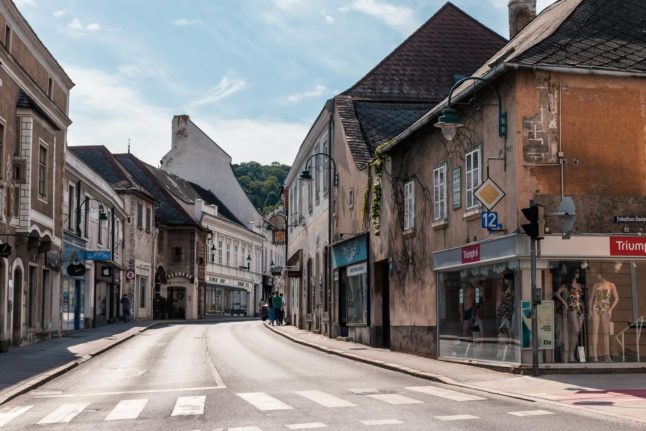
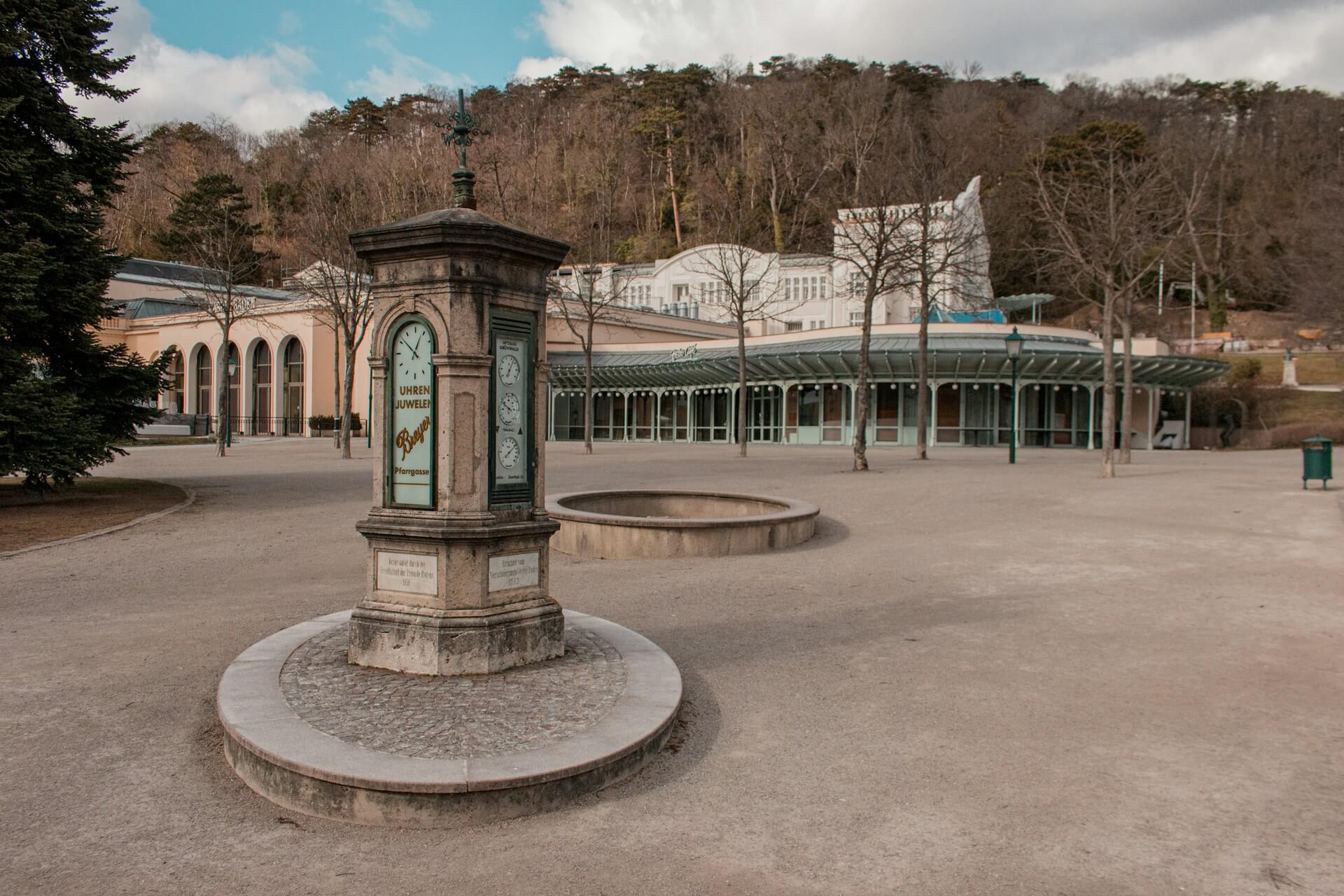
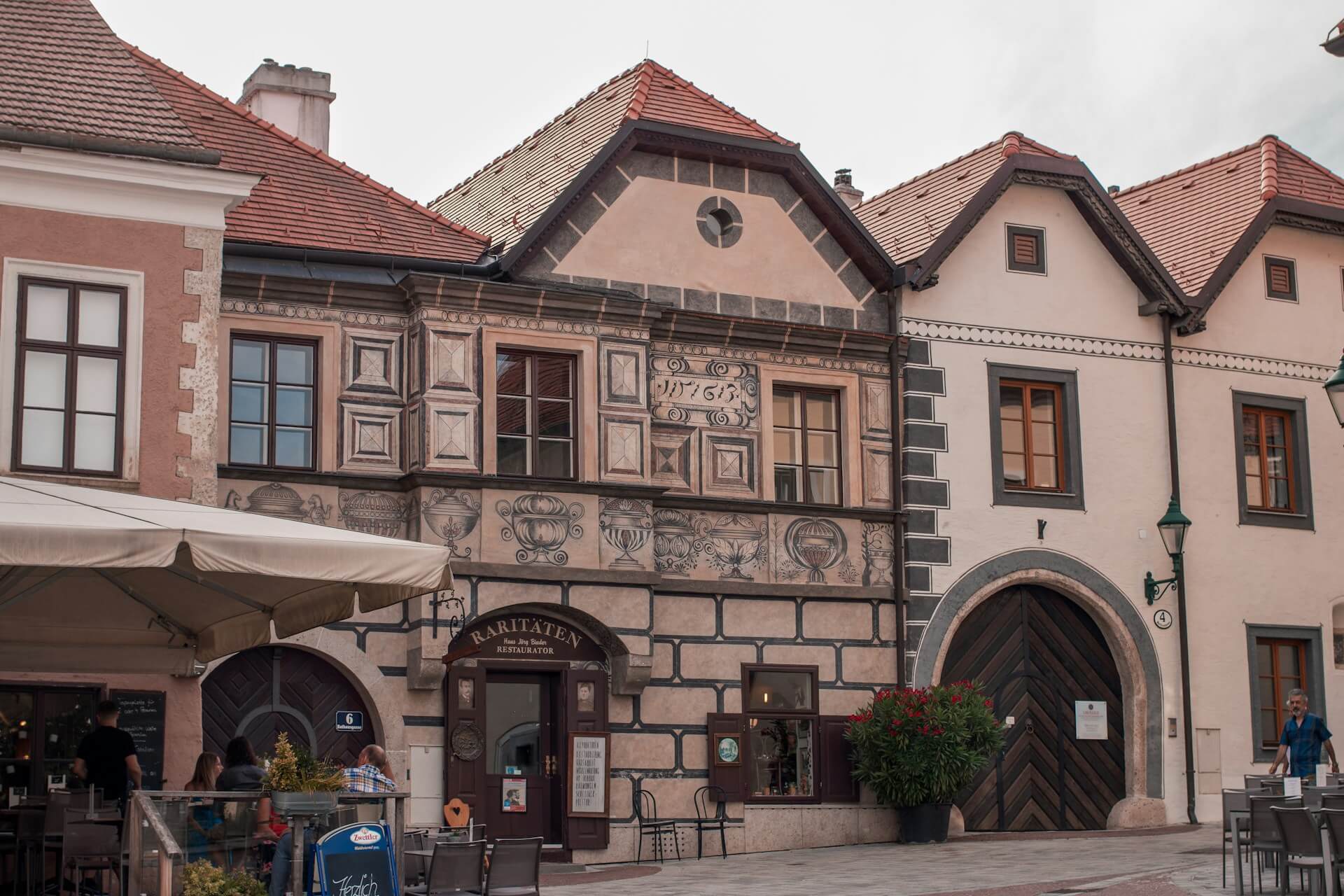
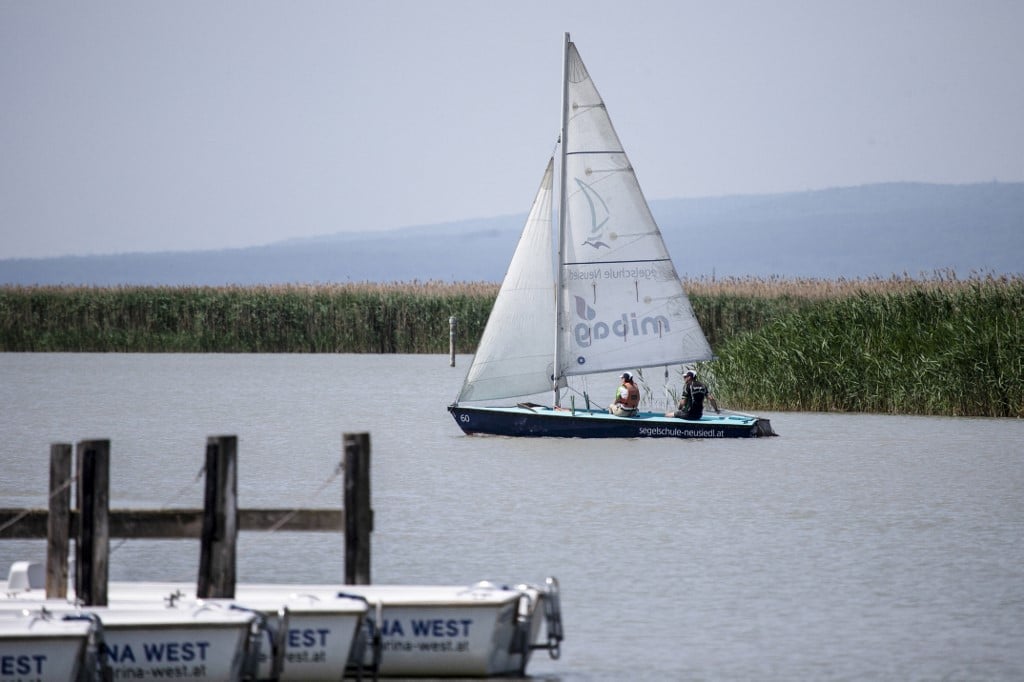
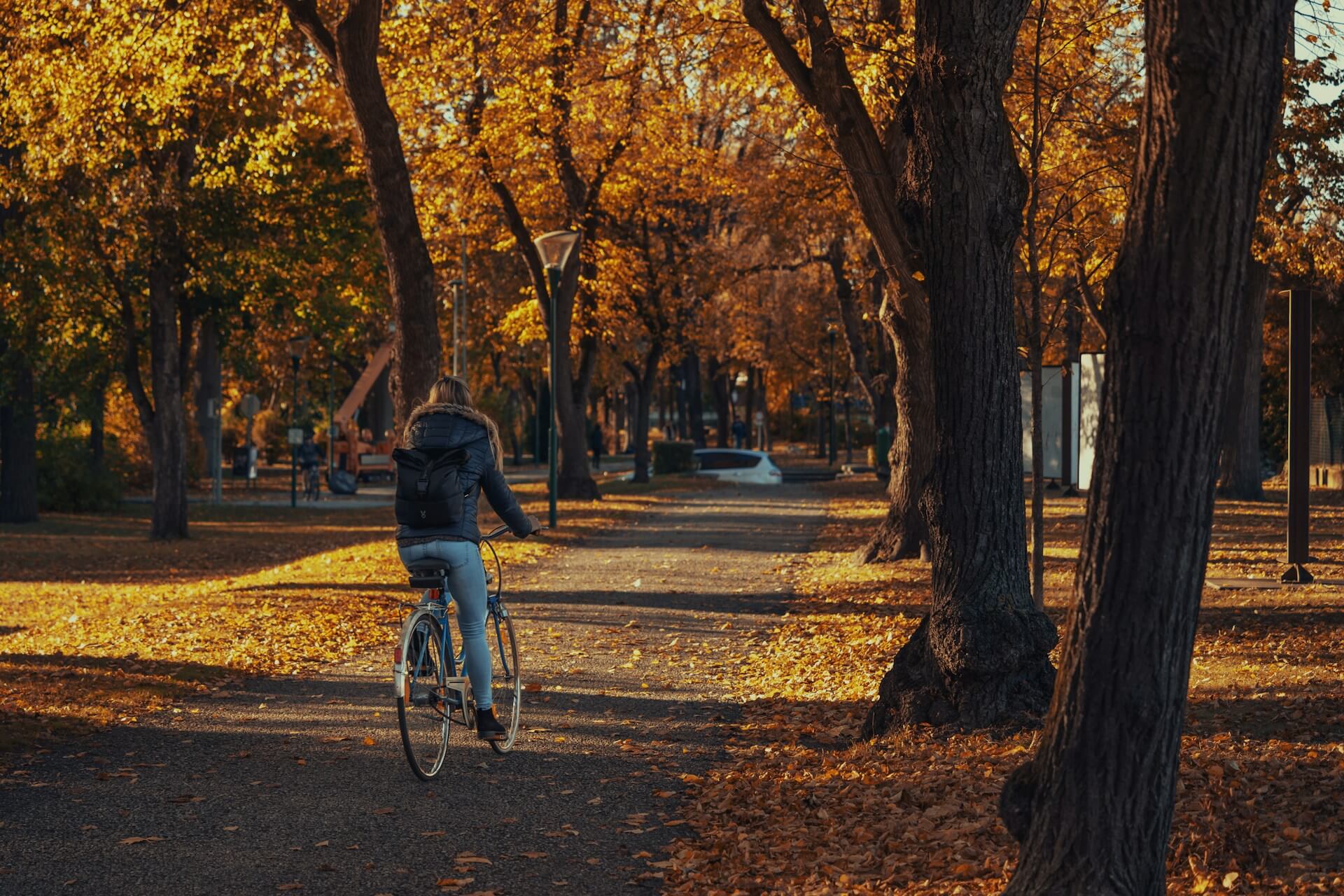

 Please whitelist us to continue reading.
Please whitelist us to continue reading.
Member comments